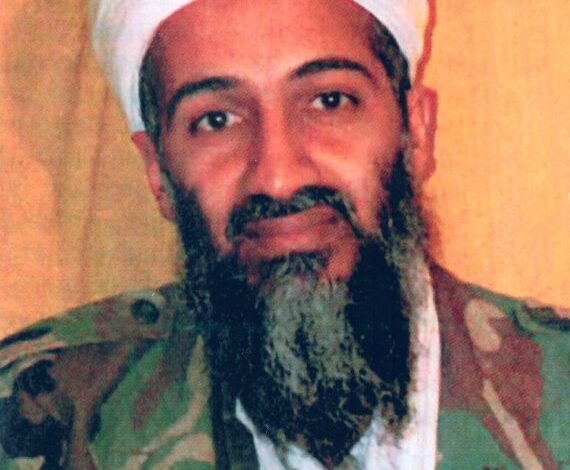Osama bin Laden Confirms Role in 9/11 Attacks on October 29

On October 29, 2004, in a significant moment of global terrorism history, Osama bin Laden publicly acknowledged his involvement in orchestrating the September 11, 2001, attacks on the United States. In a videotape released to the American people, bin Laden confirmed that he had ordered the attacks, marking a pivotal point in the ongoing conflict between Al-Qaeda and the U.S.
The videotape, which was broadcast shortly before the U.S. presidential election, aimed to reaffirm bin Laden’s status as a prominent figure in the global jihadist movement. He expressed his motives for the attacks, citing perceived injustices against Muslims and U.S. foreign policies in the Middle East.
Context and Impact of the Admission
At the time of the release, the United States was deeply engaged in military operations in Afghanistan, following the Taliban’s refusal to extradite bin Laden. The 9/11 attacks had resulted in nearly 3,000 deaths and significant economic repercussions. Bin Laden’s admission served to galvanize both his supporters and those opposed to terrorism.
In the video, he also attempted to justify the attacks, claiming they were a response to U.S. actions in Muslim countries. This assertion was met with widespread condemnation, further deepening the divide between the U.S. and extremist groups.
The acknowledgment was not just a declaration of responsibility; it also showcased bin Laden’s strategic use of media to influence public perception and recruit followers. His ability to communicate directly with audiences around the world highlighted the evolving nature of propaganda in the era of digital media.
Legacy and Continuing Relevance
Bin Laden’s confirmation of his role in the September 11 attacks has left a lasting impact on U.S. foreign policy and national security. The attacks led to the implementation of significant security measures and the initiation of the War on Terror, which continues to shape international relations.
The repercussions of bin Laden’s actions and his ultimate fate in May 2011, when he was killed by U.S. Navy SEALs in Pakistan, have led to ongoing debates about terrorism, security, and civil liberties. His acknowledgment of responsibility continues to serve as a stark reminder of the dangers posed by extremist ideologies.
As the world reflects on the events surrounding September 11, the significance of bin Laden’s admission remains a critical chapter in understanding terrorism and its global implications.






